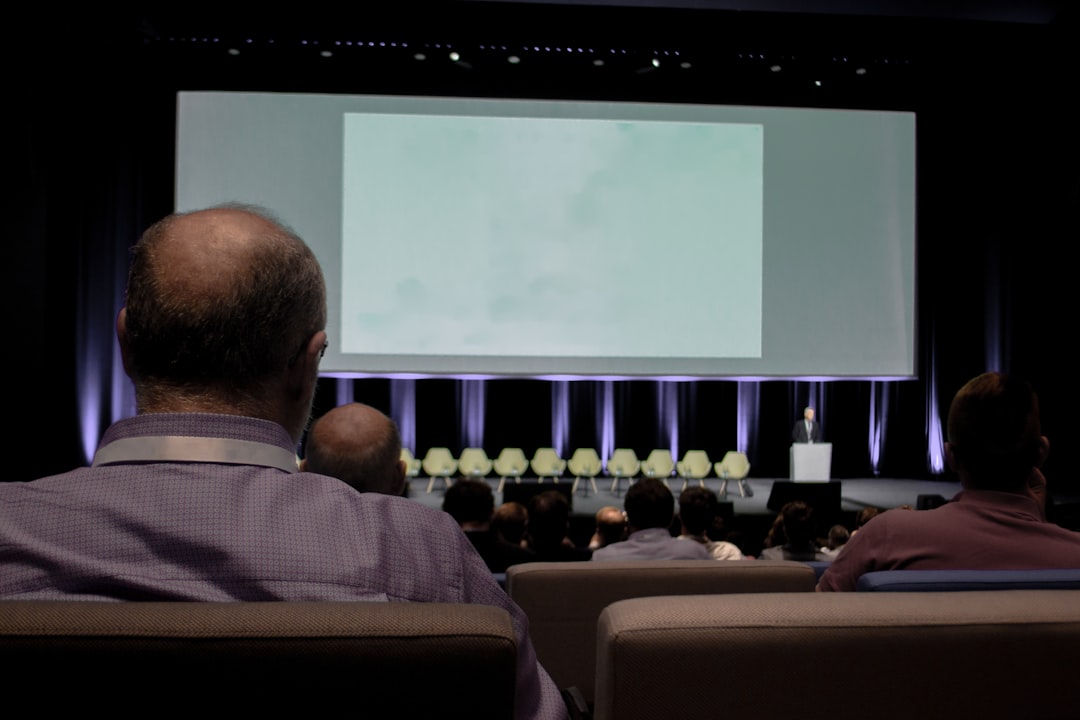The Art of Convention Planning: Bringing Events to Life
Organizing a successful convention requires meticulous planning, attention to detail, and a touch of creativity. Whether you’re a seasoned event planner or a novice looking to dip your toes into the world of conventions, mastering the art of convention planning can elevate your events to new heights.
Convention planning involves a myriad of tasks, from selecting the perfect venue to coordinating logistics, managing vendors, and creating engaging content for attendees. It’s a multifaceted process that requires a strategic approach and a keen eye for detail.
One of the key aspects of convention planning is understanding the needs and preferences of your target audience. Are they industry professionals looking for networking opportunities? Are they enthusiasts eager to learn from experts in the field? Tailoring your event to meet the expectations of your attendees is crucial for its success.
Venue selection plays a critical role in the overall success of your convention. The venue sets the tone for the event and can make a lasting impression on attendees. Whether you choose a sleek conference center, a historic hotel, or an outdoor space, the venue should align with the theme and objectives of your convention.
Logistics management is another essential component of convention planning. Coordinating transportation, accommodations, audiovisual equipment, and other logistical elements requires careful coordination and organization. Creating a detailed timeline and contingency plans can help ensure a smooth and seamless event experience.
Vendor management is also a crucial aspect of convention planning. Selecting reputable vendors for services such as catering, AV equipment, signage, and decor can enhance the overall experience for attendees. Building strong relationships with vendors and clearly communicating your expectations can help prevent any last-minute hiccups.
Creating engaging content is key to keeping attendees excited and invested in your convention. Whether it’s through keynote speakers, interactive workshops, panel discussions, or networking events, providing valuable content that resonates with your audience can set your convention apart from the rest.
In conclusion, convention planning is a blend of art and science that requires creativity, organization, and a deep understanding of your audience. By mastering the key components of convention planning, you can create memorable and impactful events that leave a lasting impression on attendees. So roll up your sleeves, unleash your creativity, and start planning your next unforgettable convention!

